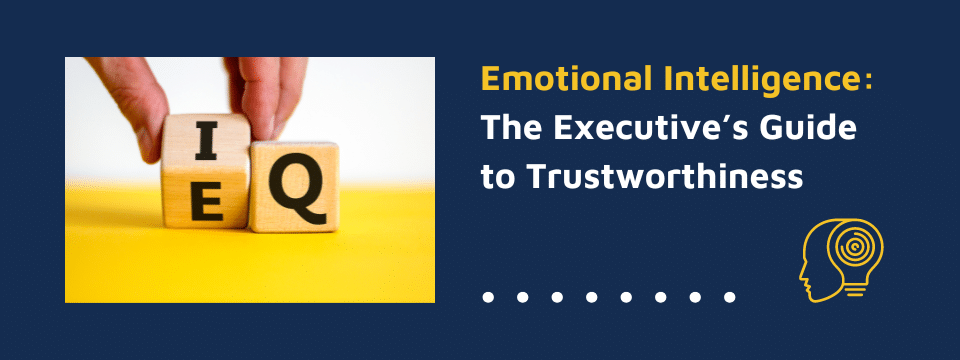
Emotional intelligence is increasingly important in our work environments, but how does it impact careers, and can it be learned? In this FEI Weekly Podcast, Olivia Berkman interviews Executive & Board Coach at Point Road Group, Aimee Long. They discuss the role of emotional intelligence in establishing trust as leaders, which is critical to executive branding.
Bringing her wealth of knowledge from executive recruitment, board governance and corporate law, Aimee shares her insights on emotional intelligence. She explains why it matters (especially in leadership positions), what are the misconceptions around it and how to cultivate it.
Simply put, it’s “bringing intelligence to emotion.” Aimee refers to Daniel Goleman’s five key components of emotional intelligence as a good roadmap for what emotional intelligence (EQ) is. These components are:
Aimee and Olivia discuss these five areas and what they mean in the workplace. Self-regulation, for example, is about staying composed and calm under pressure, being adaptable and getting comfortable with new ideas.
Trust in leadership is a decisive factor for customers and employees. As Aimee shares, executives often want to work on this skill in their coaching sessions. From her experience as an executive recruiter, being emotionally intelligent would often push one candidate ahead of another. Leaders with high EQ know how to motivate their teams, develop the skills of others and adapt quickly.
In the podcast, Aimee shares what she sees as common misconceptions relating to emotional intelligence. Here are a few:
Not surprisingly, the higher you go up the corporate ladder, the more EQ matters. Intelligence alone isn’t enough to succeed as a leader. Having a high emotional IQ is critical to professional success in today’s work environment.
Emotional intelligence can be cultivated in anyone who is motivated to do so. For people in senior positions, here are some tips to master this skill:
Beyond these simple techniques, more leaders are turning to executive coaching to help them increase their EQ. Companies with larger budgets are sometimes able to offer these services in-house, as well.
For a deeper dive into this topic, tune into the full podcast here. You can also listen on Spotify and Apple podcasts.